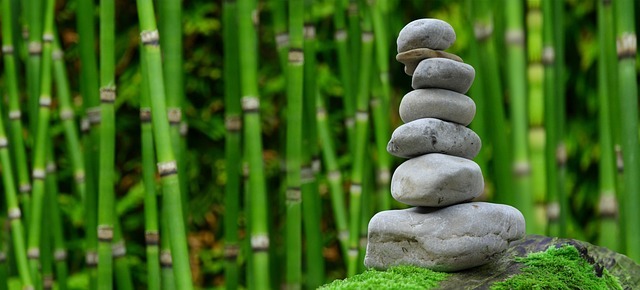Organic Gardening: A Beginner’s Guide
Organic gardening is an increasingly popular way to grow your own fruits, vegetables, and herbs. It is an environmentally friendly method of gardening that avoids the use of artificial chemicals and fertilizers. In this guide, we will discuss the basics of organic gardening, including the benefits, the different types of organic gardening, and tips for getting started.
The Benefits of Organic Gardening
Organic gardening has a number of advantages over traditional gardening methods. It is a healthier way to grow food, as it avoids the use of synthetic fertilizers and pesticides, which can be harmful to the environment and to your own health. Additionally, organic gardening can help to protect the soil from erosion and can help to conserve water, as organic soil holds moisture better than non-organic soil. Finally, organic gardening can help to reduce your carbon footprint, as it requires fewer resources than traditional gardening methods.
Types of Organic Gardening
Organic gardening can take many forms, from container gardening to raised bed gardening. Container gardening is a great way to start an organic garden, as it requires little space and can be done indoors or outdoors. Raised bed gardening is another popular option, as it allows you to create a garden with an ideal soil composition. Finally, traditional in-ground gardening is also a viable option, as long as you use organic soil and avoid the use of synthetic fertilizers and pesticides.
Getting Started with Organic Gardening
The first step in starting an organic garden is to choose the right location. You should choose a spot that gets plenty of sunlight and has well-draining soil. Once you have chosen a location, you should prepare the soil by adding organic matter, such as compost or manure, and tilling the soil to a depth of at least 6 inches. After the soil is prepared, you can begin planting your chosen seeds or seedlings.
When it comes to watering, it is important to water your plants deeply and infrequently. Additionally, you should avoid wetting the leaves of your plants, as this can encourage the growth of fungus and other diseases. Finally, you should mulch your plants to help conserve water and keep weeds at bay.
Conclusion
Organic gardening is a great way to grow your own fruits, vegetables, and herbs in an environmentally friendly way. It is important to choose the right location, prepare the soil properly, and water your plants correctly in order to ensure a successful organic garden. With a bit of effort and knowledge, you can have a thriving organic garden in no time.

